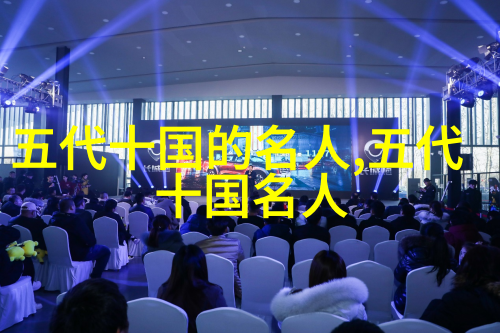femininity in disguise: the paradox of women playing male roles in Peking Opera

The history of women performing male roles
In traditional Chinese theater, the practice of women performing male roles has been a long-standing tradition. This phenomenon can be traced back to the early days of Peking Opera, when men and women performed together on stage as a troupe. Due to societal norms at the time, it was considered inappropriate for men and women to perform certain scenes together, so female performers took on the role of males instead.

The evolution of female performers
Over time, this tradition continued even as societal norms changed. Female performers became more skilled in portraying male characters and developed unique techniques for singing and acting that were distinct from their male counterparts. They adopted masculine mannerisms and postures on stage, which added depth to their performances.

Gender fluidity in performance
One reason why female performers excel at playing male roles is due to their ability to tap into gender fluidity during performance. In Peking Opera, actors must embody different characters with varying levels of masculinity or femininity depending on the role they are portraying. Women have proven themselves capable of adopting these different personas seamlessly.

Cultural significance
The fact that women play male roles in Peking Opera reflects China's rich cultural heritage where gender boundaries are not strictly defined by biological sex alone but also influenced by social context and artistic expression.

5.The challenges faced by female performers
Despite their exceptional talent for playing both genders convincingly, female performers still face challenges related to gender inequality within society at large as well as within specific industries such as theater arts.
For instance some critics argue that females cannot fully capture an authentic portrayal because they lack personal experience with being a man which could lead them down dangerous paths towards stereotyping or caricatured portrayals while others argue against discrimination based solely upon one’s biology rather than skill level alone.
However many believe that these challenges only serve further fueling creativity & pushing artists beyond conventional limits - proving once again how art transcends all barriers including those we place upon ourselves!
6.The future prospects
As Peking Opera continues its journey through time adapting modern trends & breaking new ground it will likely continue allowing talented individuals regardless if they identify with either gender (or neither) take part - thus paving way toward greater inclusivity & diversity! With each passing generation comes another chance for growth expansion & discovery; what better place start exploring than our own reflections?



